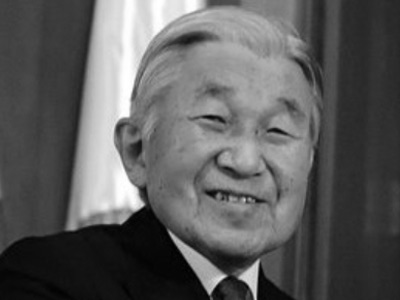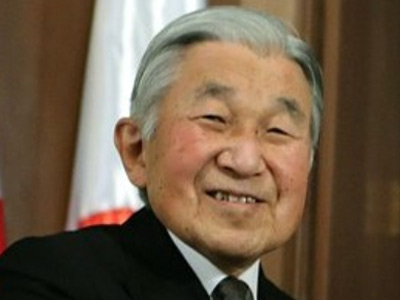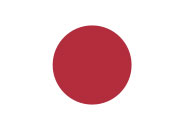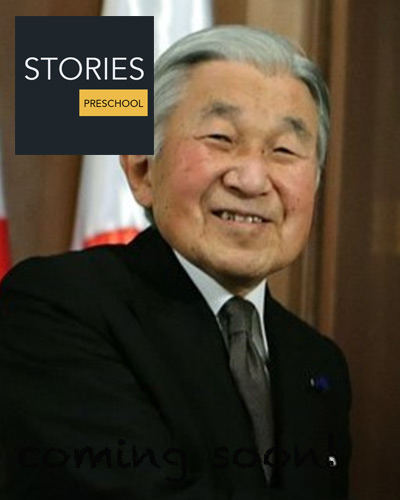Official Functions
According to the Constitution of Japan, the Emperor is "the symbol of the State and of the unity of the people". Unlike any other constitutional monarchs, his function is defined as entirely representative and ceremonial in nature, without even a nominal role in government. He is limited to acting in matters of state as delineated in the Constitution, and even in those matters, he is bound by the requirements of the Constitution and the binding advice of the Cabinet. For instance, while he formally appoints the Prime Minister, he is required to appoint the person designated by the Diet, without the option to decline appointment.
Despite being strictly constrained by his constitutional position, he also issued several wide-ranging statements of remorse to Asian countries, for their suffering under Japanese occupation, beginning with an expression of remorse to China made in April 1989, three months after the death of his father, the Emperor Showa (Hirohito).
In June 2005, the Emperor visited the island of Saipan (part of the Northern Mariana Islands, a U.S. territory), the site of a battle in the World War II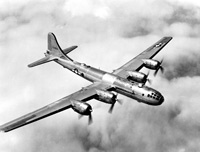 World War II or the Second World War, often abbreviated as WWII or WW2, was a world war that lasted from 1939 to 1945. It involved the vast majority of the world's countries—including all of the great powers—forming two opposing military alliances: the Allies and the Axis powers. World War II was a total war that directly involved more than 100 million personnel from more than 30 countries. World War II is generally considered to have begun on 1 September 1939, when Nazi Germany, under Adolf Hitler, invaded Poland. View World War II » from 15 June to 9 July 1944 (known as the Battle of Saipan). Accompanied by Empress Michiko, he offered prayers and flowers at several memorials, honoring not only the Japanese who died, but also American soldiers, Korean labourers, and local islanders. It was the first trip by a Japanese monarch to a World War II battlefield abroad. The Saipan journey was received with high praise by the Japanese people, as were the Emperor's visits to war memorials in Tokyo, Hiroshima Prefecture, Nagasaki Prefecture and Okinawa Prefecture in 1995.
World War II or the Second World War, often abbreviated as WWII or WW2, was a world war that lasted from 1939 to 1945. It involved the vast majority of the world's countries—including all of the great powers—forming two opposing military alliances: the Allies and the Axis powers. World War II was a total war that directly involved more than 100 million personnel from more than 30 countries. World War II is generally considered to have begun on 1 September 1939, when Nazi Germany, under Adolf Hitler, invaded Poland. View World War II » from 15 June to 9 July 1944 (known as the Battle of Saipan). Accompanied by Empress Michiko, he offered prayers and flowers at several memorials, honoring not only the Japanese who died, but also American soldiers, Korean labourers, and local islanders. It was the first trip by a Japanese monarch to a World War II battlefield abroad. The Saipan journey was received with high praise by the Japanese people, as were the Emperor's visits to war memorials in Tokyo, Hiroshima Prefecture, Nagasaki Prefecture and Okinawa Prefecture in 1995.
Since succeeding to the throne, Akihito has made an effort to bring the Imperial family closer to the Japanese people. He and Michiko have made official visits to eighteen countries and to all forty-seven Prefectures of Japan Japan is an island country in East Asia. Beginning in the 12th century, political power was held by a series of military dictators (shōgun) and feudal lords (daimyō) and enforced by a class of warrior nobility (samurai). In the Meiji period, the empire adopted a Western-modeled constitution and pursued a program of industrialization and modernization. A global leader in the automotive, robotics and electronics industries, Japan has made significant contributions to science and technology..
Japan is an island country in East Asia. Beginning in the 12th century, political power was held by a series of military dictators (shōgun) and feudal lords (daimyō) and enforced by a class of warrior nobility (samurai). In the Meiji period, the empire adopted a Western-modeled constitution and pursued a program of industrialization and modernization. A global leader in the automotive, robotics and electronics industries, Japan has made significant contributions to science and technology..
HISTORY
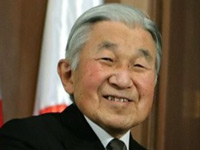
RESOURCES
This article uses material from the Wikipedia article "Akihito (1933-)", which is released under the Creative Commons Attribution-Share-Alike License 3.0.
© Stories Preschool. All Rights Reserved.
